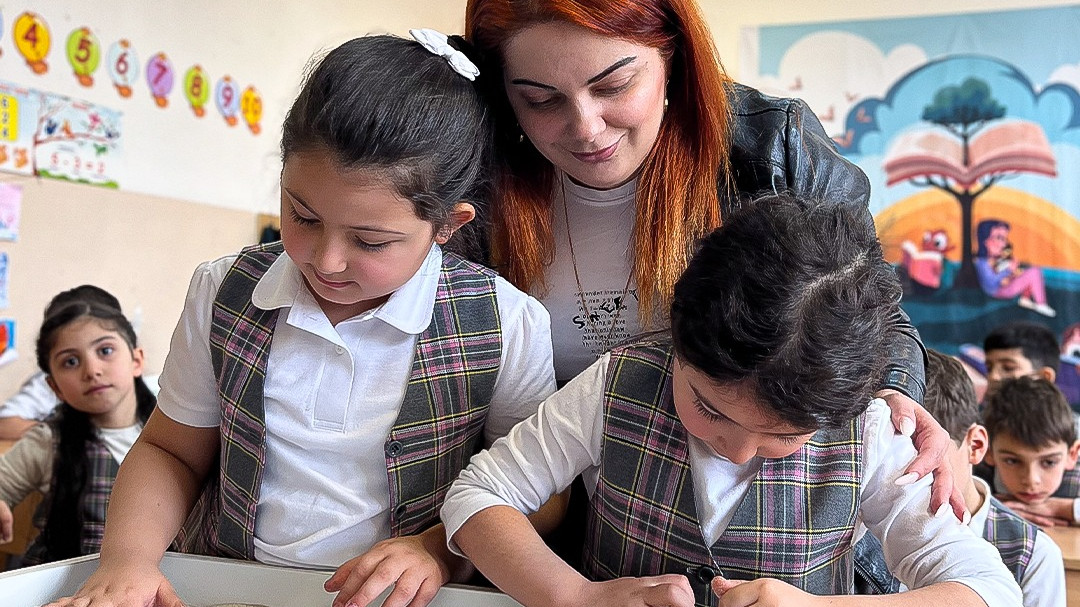
After long summer vacations, and especially after active leisure, returning to the workplace or an educational institution is often much harder than it seems. While we may think that the summer holidays have been enough to rest and recharge, we often face a very different—and sometimes difficult—reality. Returning to the school routine can cause stress, fatigue, lack of concentration, and loss of motivation, sometimes manifesting not only as passivity but also as aggressive behavior.
The study of this phenomenon does not have a very long history. It came into circulation in the second half of the 20th century and is now referred to as post-vacation syndrome or post-vacation blues.
To explore the topic, usumschool.am spoke with the school psychologist, Hasmik Harutyunyan, addressing key questions such as the causes of post-vacation stress, the recommendations psychologists usually give for overcoming it, and how certain methods can help motivate both students and teachers, ensuring a smooth return to an active routine.
According to Harutyunyan, post-vacation stress is a common phenomenon experienced by people of all professions, but it manifests more vividly and deeply among teachers and students. The reason is likely that in education there are no short, periodic breaks, so the body receives rest only after a nine-month marathon, followed by a rather long vacation.
She points out that the causes of “return syndrome” are not only psychological but also physiological and social. In simple terms, it can be described as a transition from freedom to responsibility and obligations—so the shocks are quite natural. To avoid such emotional contrasts, it is very important to plan vacation activities properly beforehand so as not to face the problem of unfinished tasks later.
Speaking about physiological difficulties, Harutyunyan highlights changes in biorhythms, including sleep patterns, headaches, muscle tension, as well as disruptions in eating habits.
When asked about possible solutions, she emphasizes the importance of one’s inner attitude towards the problem. According to her, it is necessary to change the perception of work and the school routine. For both students and teachers, during the first days it is very important to have short breaks and exercises that shift attention away from the strict study process.
It is commonly recommended to ensure a gradual transition between traveling and working, and if possible, to devote a few days before returning to school or work to passive rest and adaptation at home. However, it is also undesirable to remain isolated and socially withdrawn, as that may have the opposite effect.
Finally, regarding how to plan for the new school year, the psychologist stresses the importance of maintaining interpersonal relationships and creating an atmosphere of mutual understanding. To our remark that teachers are already extremely busy before September 1, Harutyunyan notes that the work schedule can be made flexible enough to make the transition smoother. At the same time, it is important to avoid unrealistic plans. “Usually, teachers return with new ideas that are sometimes the result of enthusiasm but may prove unrealistic. Therefore, it is essential to avoid time- and energy-consuming plans and instead focus on content,” concludes Harutyunyan.